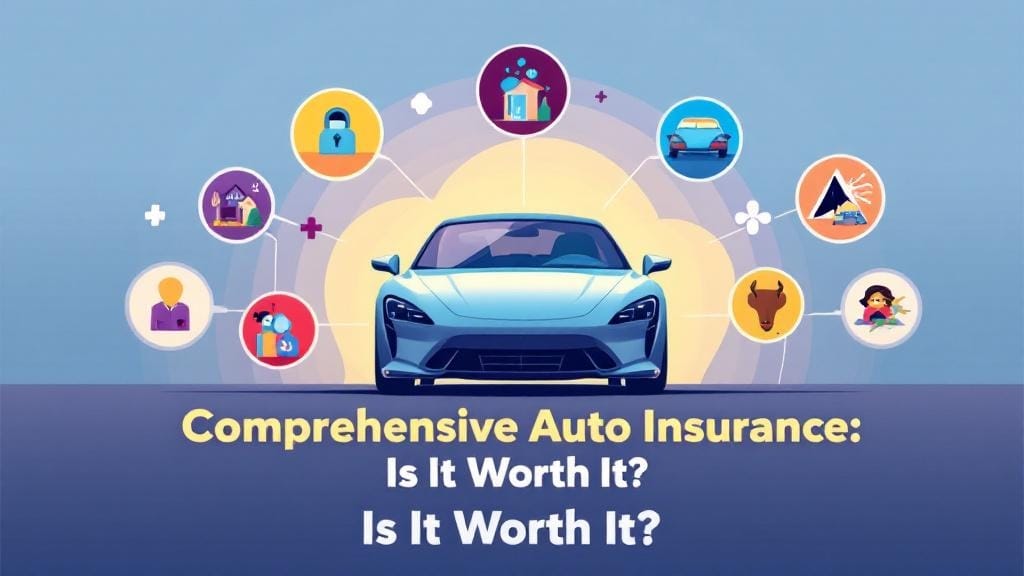Being in debt can feel like a never-ending cycle. The stress, the pressure, and the constant worry about your financial future can take a toll on your mental health. Become debt-free in 12 months But the good news is, it’s absolutely possible to become debt-free within 12 months with the right strategies, focus, and commitment. In this article, we will walk you through proven debt repayment strategies that will help you pay off debt fast and efficiently. Whether you’re dealing with credit card debt, student loans, or personal loans, these tips will guide you toward financial freedom.
Let’s explore how you can manage personal debt and eliminate debt within the next year with these 7 actionable steps.
Why Debt-Free Living is Possible in 12 Months
Before diving into the strategies, it’s important to recognize why becoming debt-free within a year is an achievable goal. With the right approach, it’s possible to pay off significant amounts of debt without needing a massive income increase. By implementing effective personal debt management strategies, making conscious spending choices, and sticking to a disciplined plan, financial freedom is within your grasp.
1. Assess Your Become debt-free in 12 months
The first step in any debt repayment plan is to assess your current debt situation. You can’t eliminate debt if you don’t know exactly what you owe and to whom. Start by gathering all your financial statements, including credit card bills, loan statements, and any other debts you may have. Once you know the total amount of debt you’re dealing with, you can begin developing a strategic plan.
Action Steps:
-
List All Your Debts: Include interest rates, minimum payments, and due dates.
-
Evaluate Your Monthly Income and Expenses: Create a detailed budget to understand where your money goes each month.
-
Identify Areas to Cut Back: Find non-essential expenses that you can reduce or eliminate temporarily.
This budget will serve as your roadmap to becoming debt-free quickly. By keeping track of both income and expenses, you’ll be able to make better financial decisions that prioritize paying off your debt.
2. Use the Debt Snowball Method
The Debt Snowball Method is a popular debt repayment strategy that encourages you to pay off your smallest debt first while making minimum payments on larger debts. Once your smallest debt is paid off, you roll the amount you were paying into the next smallest debt. This creates momentum, helping you stay motivated as you eliminate debt.
How It Works:
-
Step 1: Make minimum payments on all debts except for your smallest debt.
-
Step 2: Put as much extra money as possible toward your smallest debt.
-
Step 3: Once the smallest debt is paid off, move to the next smallest, and continue this process until all debts are eliminated.
While the Debt Snowball Method focuses on paying off smaller debts first, it has the advantage of quick wins that can keep you motivated as you work toward your goal of financial freedom.
3. Try the Debt Avalanche Method for Faster Results
If you’re looking to pay off debt fast while saving on interest, the Debt Avalanche Method might be the best fit. Instead of focusing on the smallest debt first, you tackle the debt with the highest interest rate. By reducing the debt with the highest interest first, you’ll save money over time and get out of debt quicker.
How It Works:
-
Step 1: Make minimum payments on all debts except the one with the highest interest rate.
-
Step 2: Direct as much extra money as possible toward the highest-interest debt.
-
Step 3: Once the high-interest debt is paid off, move to the next highest interest rate and continue until all debts are paid.
The Debt Avalanche method helps reduce the amount you pay in interest over time, allowing you to pay off your debt faster and more efficiently.
4. Consider Consolidating Your Debts
If you have multiple high-interest loans or credit card balances, debt consolidation can help simplify your finances and potentially lower your interest rates. By consolidating multiple debts into one loan, you can lower the number of payments you need to make each month and focus on paying off a single balance.
Debt consolidation loans come with lower interest rates than most credit cards, so they can help you pay off debt more quickly. However, it’s important to ensure that you don’t fall into the trap of accumulating more debt once your existing debts are paid off.
Pros of Debt Consolidation:
-
Lower interest rates
-
Simplified payments (one loan instead of multiple)
-
Potential for lower monthly payments
Make sure to evaluate whether consolidation is right for you by comparing loan terms, fees, and interest rates. Debt consolidation can be a helpful tool, but it’s not a magic solution.
5. Cut Back on Non-Essential Expenses
In order to pay off debt quickly, you’ll need to reduce your spending and make financial sacrifices. This doesn’t mean you need to deprive yourself of everything, but you should cut back on unnecessary or extravagant expenses for a period of time.
Areas to Consider Cutting Back:
-
Dining Out: Preparing meals at home can save hundreds of dollars each month.
-
Subscriptions: Review your streaming services, gym memberships, and other monthly subscriptions. Cancel any you don’t use.
-
Impulse Purchases: Limit online shopping and focus on only purchasing necessities.
The money you save from cutting these non-essential expenses can be directly applied to your debt, helping you eliminate debt more efficiently.
6. Increase Your Income (Without Extra Jobs)
While earning additional income is one way to pay off debt quickly, there are other, more sustainable ways to boost your income without taking on an extra job. Consider the following methods to increase your income:
Ideas for Increasing Your Income:
-
Sell Unused Items: Use platforms like eBay or Facebook Marketplace to sell things you no longer need.
-
Freelancing: If you have skills in writing, design, or web development, consider taking on freelance gigs.
-
Rent Out Space: If you have extra space in your home, you could rent it out on platforms like Airbnb.
By finding creative ways to increase your income, you can accelerate your debt repayment without having to commit to a second job.
7. Set a Debt Repayment Goal and Stay Motivated
One of the keys to success in paying off debt is setting clear, actionable goals. Break your total debt into smaller, manageable chunks and set monthly milestones. Keeping track of your progress can help you stay motivated and see how much closer you’re getting to financial freedom.
How to Set Achievable Goals:
-
Define Your Target: Determine exactly how much debt you want to pay off within the 12-month period.
-
Track Your Progress: Use a debt tracker or spreadsheet to monitor your progress.
-
Celebrate Milestones: When you reach a goal, take time to celebrate. This will keep your motivation high.
Visualizing your progress and celebrating small wins along the way can help keep you motivated as you work toward becoming debt-free.
Frequently Asked Questions
1. How can I become debt-free in a year?
To become debt-free in a year, you’ll need to implement a solid debt repayment strategy, such as the Debt Snowball or Debt Avalanche method, reduce unnecessary expenses, and potentially increase your income. Staying disciplined and focused on your goal will help you achieve financial freedom.
2. What are the best ways to pay off debt quickly?
The best ways to pay off debt quickly include using the Debt Snowball or Debt Avalanche methods, consolidating your debt, cutting back on unnecessary expenses, and finding ways to increase your income, such as selling unused items or taking on freelance work.
3. What are proven strategies to eliminate debt?
Proven strategies to eliminate debt include paying off high-interest debts first (Debt Avalanche), paying off smaller debts first for momentum (Debt Snowball), consolidating your debts, and cutting back on non-essential expenses.
4. How to manage personal debt effectively?
Effective personal debt management involves creating a realistic budget, prioritizing debt repayment, tracking your progress, and avoiding taking on more debt while you’re trying to pay off existing obligations.
5. How to get out of debt without extra income?
If you can’t increase your income, focus on reducing your spending, cutting back on non-essential expenses, and using debt repayment strategies like the Debt Snowball or Debt Avalanche. Every extra dollar saved can be applied to paying off your debt faster.








Comments (0)